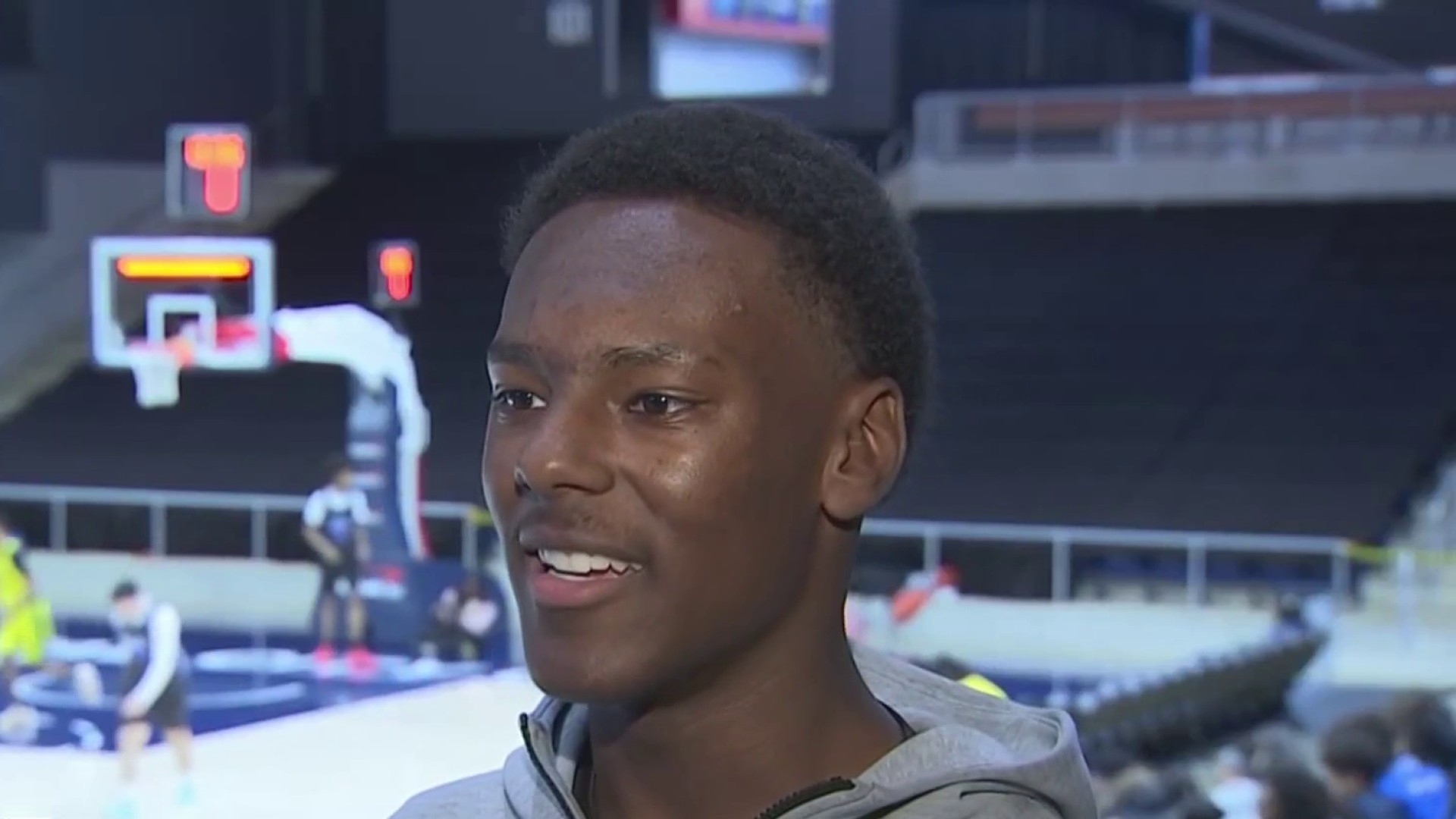John Thompson in posthumous essay: 'I would cheat too' originally appeared on NBC Sports Washington
Whether or not NCAA student-athletes should be paid is one of the most debated topics inside and out of the sports world.
For most of his career, legendary Georgetown coach John Thompson Jr., who died at the age of 78 in August, felt that monetary compensation was not needed. Late in his life, that changed.
Thompson explained his original line of thinking in a posthumous NY Times op-ed adapted from his forthcoming book "I Came as a Shadow: An Autobiography with journalist Jesse Washington.
"For many years, I resisted the idea of paying players," Thompson wrote. "I felt that it would be too hard to change the system, and that paying players would create more problems than it solved. I thought we had dug our own grave so deep we couldn’t throw the shovel out."
However, the Naismith Memorial Baskeball Hall of Fame member eventually had a change of heart.
NBC Sports
"At this point, I believe the best course for college basketball is sharing revenue with players," Thompson wrote.
Despite Thompson and others sitting on this side of the argument, the NCAA has yet to turn toward paying players. Still, as Thompson wrote, that hasn't stopped certain programs from going under the table to recruit top players and continue their dominance.
In this cycle, Thompson felt as if the punishment was not fitting the violation. It's become such a common move by programs to secretly pay players to give them an advantage over the competition that it feels normal in some places. If paying players is already happening, Thompson felt it might as well become legal. If not, then he as a coach would have done the same in modern times.
"If I were coaching right now, I would cheat, too. I would pay for players, because if I didn’t I would lose to the cheaters and get fired," Thompson wrote. "The N.C.A.A. has almost given coaches no other choice but to cheat if they want to compete for championships."
The "hypocrisy" of the NCAA is something that Thompson felt went beyond just the unclear messaging behind the restriction of paying players and the fact that programs still do it. To him, the designation of players being student-athletes with "student" first isn't what college sports should be about.
The schools may preach education, but money always comes first.
"I once spoke to a meeting of athletic directors and told them, 'All you administrators preach education, but you vote money. When it’s time to make rules, you vote for the rules that will make everybody the most money.,'" Thompson wrote. "I’m not saying that voting money is bad. I’m saying let’s call it what it is. Capitalism is the system we operate in."
Education was always an important factor for Thompson, so much so that he initially saw it as a reason players did not need to be paid. A college education is a return that shouldn't be overlooked.
Thompson ultimately sided with the route of paying players based largely on the rule-bending the NCAA currently faces. While he understood there would be challenges setting up procedures, including differences in compensation and Title IX issues, he viewed it as better than the mixed messages currently being directed at players.
"Since the N.C.A.A. is clearly hurting kids and coaches by refusing to act on its own rules, let’s end the charade and allow college athletes to be paid," Thompson wrote.



